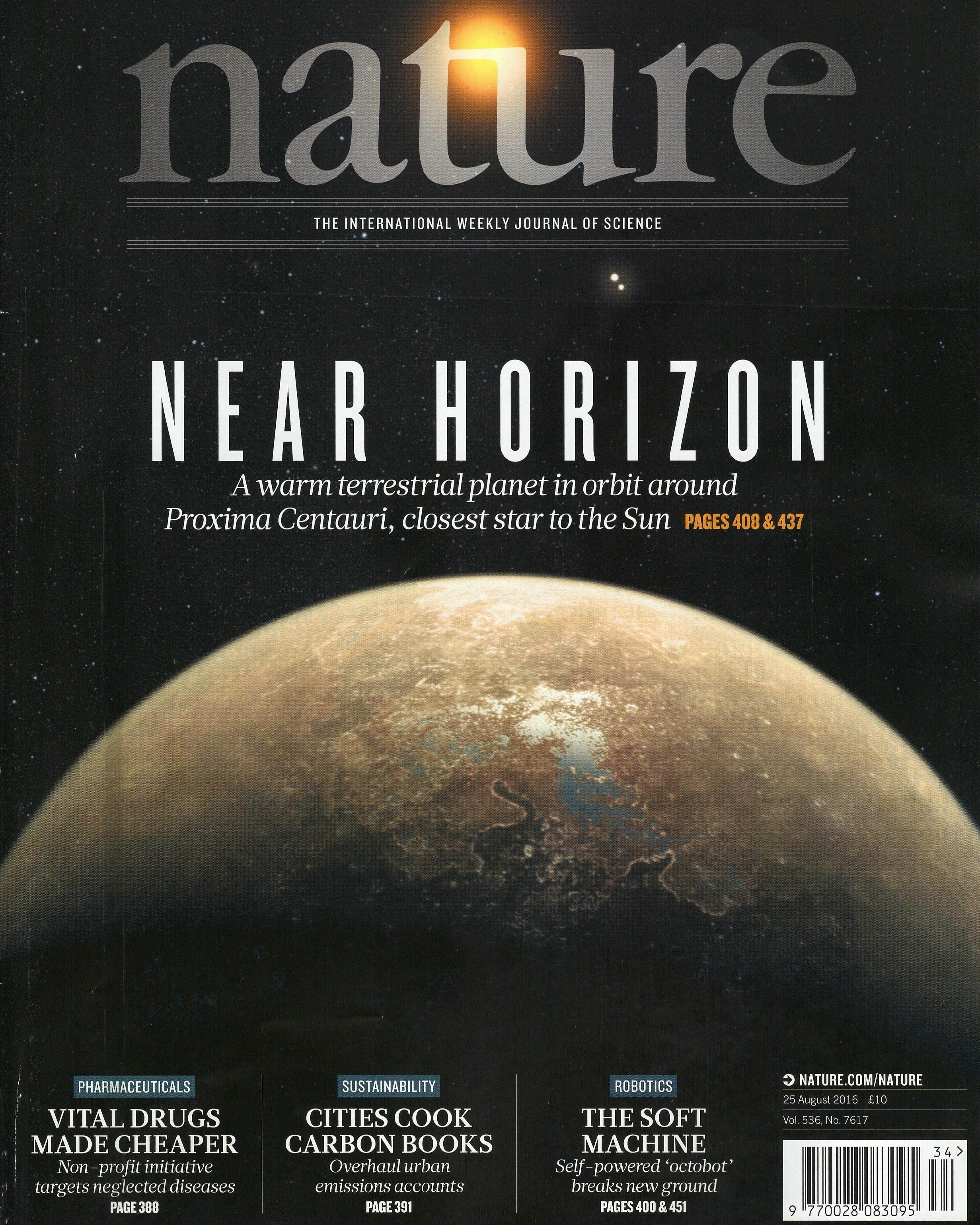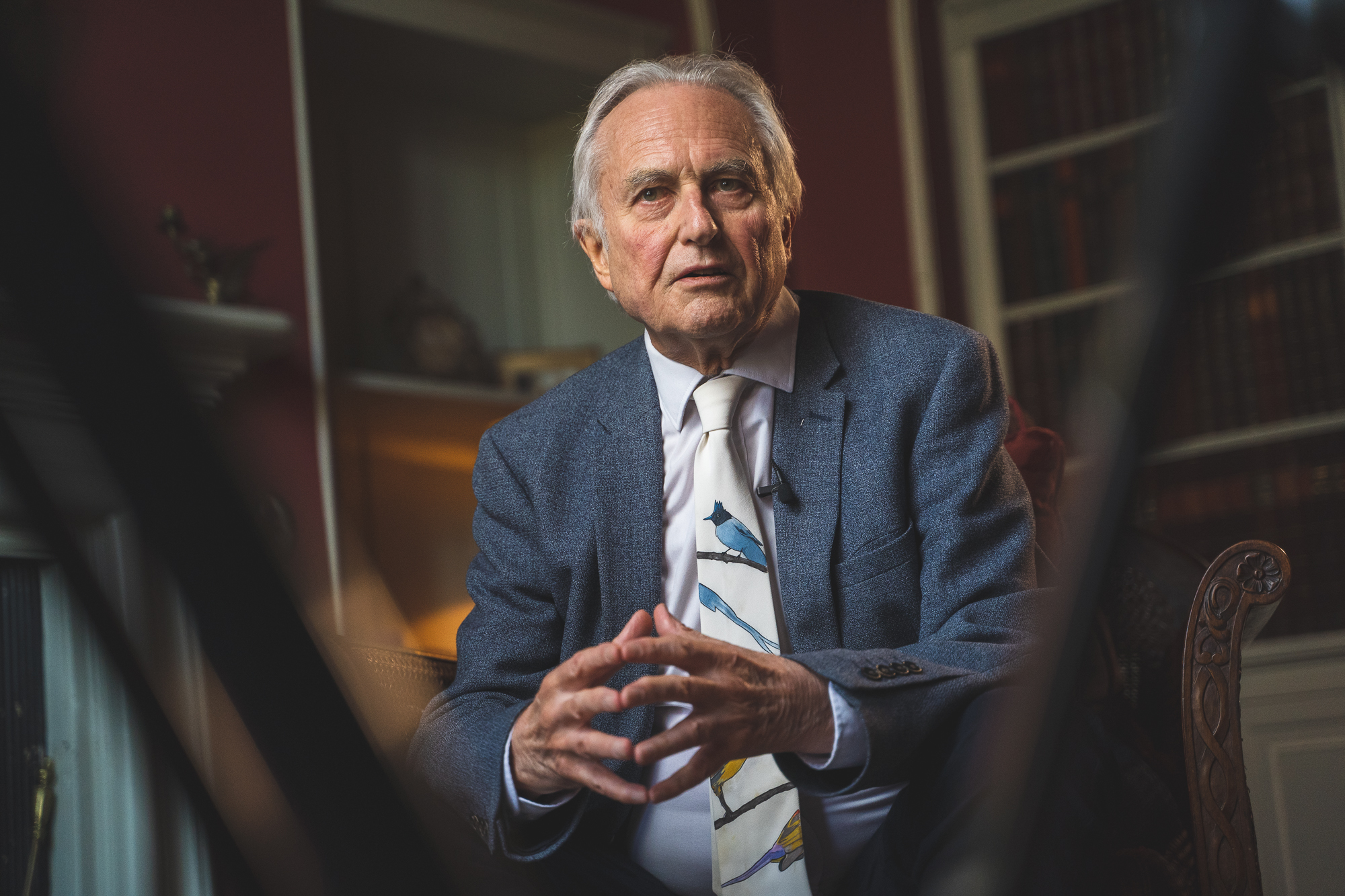A leading scientific journal has defended its efforts to boost the diversity of researchers cited in its pages after an academic accused it of abandoning science to pursue a “social justice agenda”.
The criticism of Springer Nature group, which publishes the journal, was made by Anna Krylov, an American professor who has been a supporter of President Trump’s drive to stop American universities from promoting diversity, equality and inclusion (DEI) in their admissions policies.
Richard Dawkins, the British evolutionary biologist, backed Krylov and said that too many journals were “favouring authors because of their identity group rather than the excellence and importance of their science”.

Nature is published by Springer Nature, which says it aims “to promote an inclusive environment, rich in diversity, and to forge links with the communities we serve”
The Nature group has said that seeking to include a broad range of perspectives from “a wider spectrum” of researchers can create “a more informed foundation for scholarly work”.
Krylov, a chemistry professor at the University of Southern California (USC), said she had been invited to act as a peer-reviewer — a scientist asked to provide independent scrutiny — of a study being published in the journal Nature Communications.
In an open letter to bosses at Springer Nature, she said the topic was “within my field of expertise” and that she would “normally welcome the opportunity”, but asked if she had been contacted “because of my expertise in the subject matter or because of my reproductive organs”.
Krylov cited a pledge from Springer Nature in 2019 to “take action to improve diversity and inclusion” in their journals, asking editors to “intentionally and proactively reach out to women researchers”.

Krylov said that the Nature group was “injecting social engineering into its author guidelines and publishing process”.
She cited guidance from the Nature Human Behaviour journal from 2022 that suggested some research should not be published if there is a risk that it “undermines the dignity or rights of specific groups”.
• Trump brain drain starts global tug-of-war for the best science minds
She also cited the use of “citation diversity statements”, where scientists can include in their studies a declaration pledging to cite research “in a manner that is equitable in terms of racial, ethnic, gender and geographical representation”.
Many research bodies have said the drive to boost diversity in academia is not born out of tokenism or political correctness. A report in 2022 by UK Research and Innovation said that ensuring scientific studies were not overwhelmingly produced by people from any one background was “essential to achieving high quality scientific outputs” and to making sure that “research findings are … relevant and address the needs of different communities”.
Krylov alleged, however, that “the Nature group has abandoned its mission in favour of advancing a social justice agenda”, accusing it of implementing “policies that have sacrificed merit in favour of identity-based criteria” and of “inject[ing] social engineering into its author guidelines and publishing process”.
• Where are the right-wing scientists? Everyone’s on the left like me
Reposting Krylov’s letter on X, Dawkins said: “Nature used to be the world’s most prestigious science journals”, but claimed it was now among many who placed emphasis on the background of authors rather than only on “the excellence … of their science”.

Richard Dawkins is one of the world’s leading neo-Darwinian theorists
Mario Juric, an astronomy professor from the University of Washington, Seattle, said he was asked in 2023 by the Nature Astronomy journal “to suggest alternate reviewers from ‘underrepresented communities’”. He declined and told the journal’s editors: “While I know your publisher’s intentions are good … mixing identity in the review process does nothing to strengthen it.”
Lynne Prince from the University of Sheffield’s school of medicine has written about the “stubborn” barriers to diversity and inclusion in academia and research. She said of Krylov’s comments: “It’s critical for journals to increase diversity among their academic community so that we do not just hear one voice when it comes to publishing and peer review. Boosting visibility of under represented groups does not damage academic rigour — after all, these individuals are not of a lesser academic value, they are simply less visible for other reasons.”
The Trump administration asked American universities to sign a “compact” if they want preferential access to federal funding. Among a list of demands, it told universities that “no factor such as sex, ethnicity, race, nationality, political views, sexual orientation, gender identity, religious associations” may be considered “explicitly or implicitly” in their admissions policies. Most universities declined to sign, citing academic freedoms.
• Harvard funding frozen as it rejects Trump’s DEI demands
Krylov said this month that many of her colleagues at USC had been appalled, but said she agreed with the White House that “we must drop discriminatory practices, which already violate civil rights laws, and strengthen merit-based practices”.
A spokeswoman for the Nature Portfolio of journals said: “A citation diversity statement is an optional section that authors may choose to include in their article, review, or book chapter. Whether the author opts to include one does not affect the evaluation of the content itself.
“We believe this option is valuable because it encourages authors to engage with a wider spectrum of relevant research from a broad range of scholars, disciplines, and perspectives; and that this can contribute to a more informed foundation for scholarly work”.

